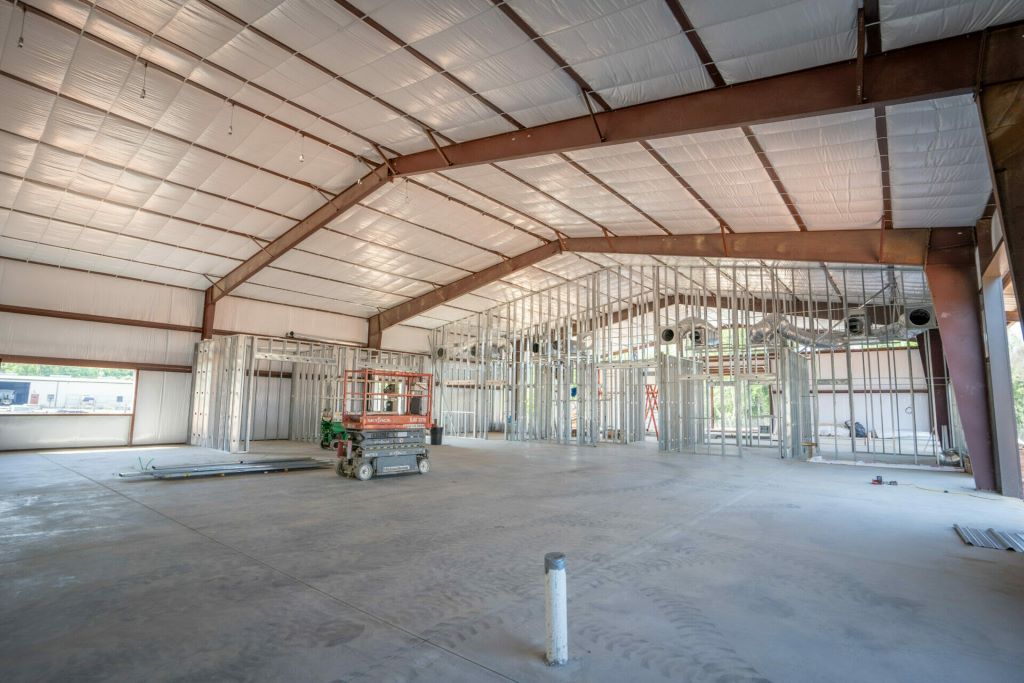Before purchasing a leasehold property, it’s important to avail yourself of all the facts.
Being a leaseholder means you hold the property on behalf of a freeholder and rent until the lease runs out. With a leasehold property, a ground rent is payable. This is a yearly charge to the freeholder, normally a fixed amount but can sometimes increase every 5-8 years. Many leaseholders are unaware that their ground rent can increase, so be sure you check all clauses of the lease.
A service charge is a fee that must be paid towards maintenance upkeep of the building and all residents of a building are subjected to the service charge. The service charge includes the upkeep of communal areas, exterior upkeep and other general maintenance jobs. For Lease Extension advice, visit a site like Sam Conveyancing, providers of Lease Extension services.
You should expect your estate agent to provide you with all the information you need about a lease as it is a big decision to make. You must know about the following things:
- How many years are left on the lease?
- When is ground rent payable and will this increase in a few years’ time?
- How much is the service charge and when does this need to be paid?
- Will there be charges related to events?
- If there is a shared ownership set up what is the rent payable?
- Will there be any other charges or fees of any kind?
- Are there any strange covenants or restrictions that will affect the use of the property?
It is worth considering that leasehold properties can be harder to sell so you may wish to look into purchasing the freehold.





